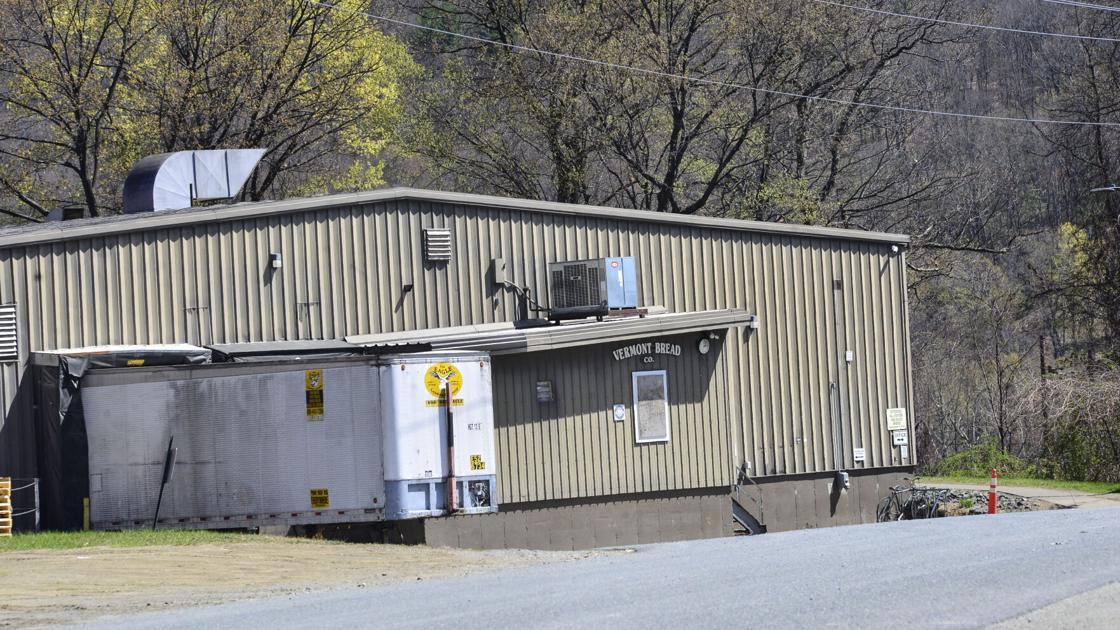
BURLINGTON — A former employee is the first plaintiff in a class action suit against Vermont Bread Company, Koffee Kup and American Industrial Acquisition Corporation, alleging the abrupt termination of himself and 500 other employees was a violation of the federal Worker Adjustment and Retraining Notification Act of 1988.
The suit was filed by Thomas P. Aicher, of Cleary Shahi & Aicher in Rutland, in collaboration with Lankenau & Miller in New York City, The Gardner Firm in Mobile, Ala., and the Sugar Law Center for Economic and Social Justice in Detroit, on behalf of former Vermont Bread employee Matthew Chaney of Brattleboro.
On April 26, American Industrial Acquisition Corporation, which acquired a majority share in Koffee Kup Bakery just 25 days before, abruptly closed bakeries in Burlington and Brattleboro and North Grosvenor Dale, Conn.
“For each of the last four years Koffee Kup has suffered substantial financial losses and was unable to find a way out of their troubles,” states a news release, which came from Jeff Sands, a “turnaround” specialist at Dorset Partners and the senior advisor in North America for American Industrial Acquisition Corporation. “Employees, lenders, suppliers and customers all went above and beyond to support Koffee Kup during that time.”
“Four years of losses are the culprit,” Sands told the Reformer on Tuesday. “Everyone wants a villain storyline, but there’s just not one there. This one just wasn’t salvageable.”
Sands said he was not at liberty to discuss how much Koffee Kup lost over those four years or what was responsible for the losses.
The lawsuit, which was filed in U.S. District Court for the District of Vermont on Thursday, states the plant closures and resulting mass layoffs were "without cause," and were a violation of the WARN Act because they failed to give employees at least 60 days advance written notice of termination.
Stuart Miller, of Lankenau & Miller, is the lead attorney on the suit.
"It looks and smells like a WARN Act violation," Miller told the Reformer on Friday.
He said his firm and The Gardner Firm together have handled more than 200 WARN Act violation suits but this is their first in Vermont.
"About 85 percent of the cases we handle have to do with a company filing for bankruptcy," he said. "Here there are a very unusual set of facts. The company was purchased just weeks before. It's just really bizarre."
The case came to his attention via the Sugar Law Center, which contacted him when it learned of the layoffs.
Miller noted there is a provision in the WARN Act that allows such terminations if a company can prove it had been seeking financing 60 days in advance of the layoffs.
"Although many promising avenues were explored that we were cautiously optimistic would have allowed Koffee Kup to survive, those efforts have now been exhausted without success and Koffee Kup no longer has sufficient capital to continue operations,” Sands wrote in the WARN notice issued to the state on Monday.
Sands wrote he was unable to provide an earlier notice to the state “as we were uncertain of the success of the efforts that we have been making to continue operating. Earlier notice of this unfortunate outcome would have been premature and would have jeopardized those very efforts.”
To qualify for an exemption in the WARN Act, said Miller, "There has to be a reasonable expectation that they will obtain the financing and a reasonable expectation that had you got the financing, it would have saved the company and the jobs.
"Even if Koffee Kup was seeking financing and was unable to get it, and couldn't last another two weeks without it, it seems the purchaser would have known about it," he added. "I don't remember any case where a company was purchased and two weeks after the sale it fired all of the employees."
According to the suit, AIAC was required to provide at least 60 days prior written notice of the termination or notice as soon as practicable explaining why the 60 days prior notice was not given.
In addition, states the lawsuit, "The Defendants failed to pay the Plaintiff and each of the Class Members their respective wages, salary, commissions, bonuses, accrued holiday pay and accrued vacation for 60 working days following their respective terminations, and failed to make the pension and 401(k) contributions, provide other employee benefits under ERISA, and pay their medical expenses for 60 calendar days from and after the dates of their respective terminations."
The lawsuit is demanding a judgment to satisfy those financial requirements, as well as attorney fees.
Miller said any employee can bring a WARN Act violation case on behalf of all other employees. He said he expects to be filing an amended complaint with more plaintiffs soon.
But in this case, an employee doesn't need to be named to receive representation, he said.
"A plaintiff has to actively opt out to not be represented," said Miller. "The only people who usually opt out are high-level executives or those in management."
On Tuesday, Michael Harrington, the commissioner of the Vermont Department of Labor, said his department was investigating whether the issuance of the notice of potential layoff presented to the state on Monday violated state or federal law.
"bread" - Google News
May 01, 2021 at 12:20AM
https://ift.tt/3tciVJB
Class action suit filed in wake of Vermont Bread closure - Bennington Banner
"bread" - Google News
https://ift.tt/2pGzbrj
https://ift.tt/2Wle22m
Bagikan Berita Ini














0 Response to "Class action suit filed in wake of Vermont Bread closure - Bennington Banner"
Post a Comment